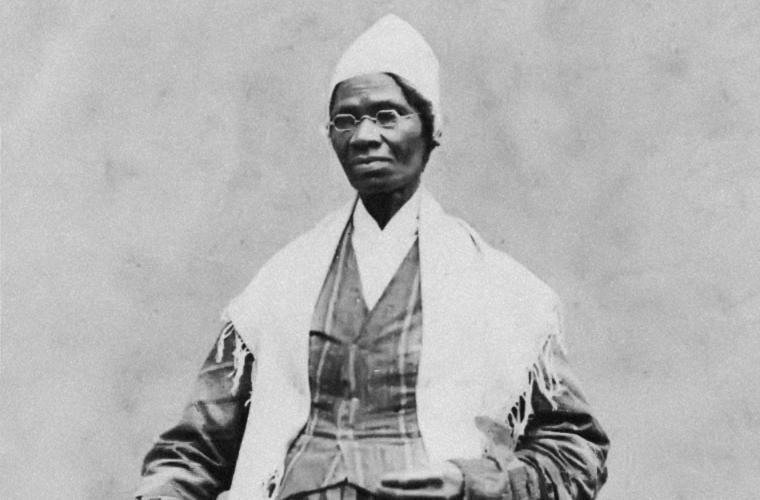Sojourner Truth, born Isabella Baumfree, was an African American woman who became one of the most prominent advocates for women’s rights in the 19th century. Her life was marked by resilience, courage, and a relentless commitment to justice. From her early years as an enslaved person to her later career as a powerful orator and activist, Truth’s impact on the fight for equality and social justice cannot be overstated.
Sojourner Truth was born into slavery in 1797 in Swartekill, New York. She endured the hardships of enslavement from a young age, facing physical and emotional abuse at the hands of her owners. Despite the oppressive conditions of her upbringing, Truth exhibited remarkable strength and resilience. In 1826, Truth made the courageous decision to escape from slavery, leaving behind her husband and children in pursuit of freedom. Her escape marked the beginning of her transformation from a victim of oppression to a fierce advocate for the rights of marginalized people.









After gaining her freedom, Sojourner Truth embarked on a journey that would solidify her place in history as a trailblazing advocate for women’s rights and abolition. She became involved in the abolitionist movement, working alongside prominent figures such as Frederick Douglass and William Lloyd Garrison. Truth’s powerful speeches captivated audiences and challenged societal norms, earning her widespread recognition as a compelling orator. One of Truth’s most famous speeches, “Ain’t I a Woman?”, delivered at the Women’s Rights Convention in Akron, Ohio in 1851, remains a poignant testament to her unwavering commitment to gender equality. In her address, Truth eloquently dismantled prevailing notions of female inferiority, asserting the inherent strength and resilience of women.
In addition to her captivating oratory skills, Sojourner Truth utilized the power of storytelling to convey the harsh realities of slavery and discrimination. Her autobiography, “The Narrative of Sojourner Truth”, published in 1850, provided a firsthand account of her experiences as an enslaved person and catalyzed social change. Truth’s narrative shed light on the dehumanizing effects of slavery and inspired countless individuals to join the fight for justice. Sojourner Truth’s legacy extends far beyond her lifetime, leaving an indelible mark on the ongoing struggle for equality. Her unwavering determination and fearless advocacy continue to inspire activists and advocates around the world. Truth’s contributions to the women’s rights movement and the fight against systemic injustice serve as a testament to the power of individual agency in effecting meaningful change.
In recognition of her enduring impact, Sojourner Truth was posthumously inducted into the National Women’s Hall of Fame in 1981. Her remarkable life serves as a reminder of the resilience and fortitude required to challenge oppressive systems and pave the way for a more just and equitable society.
Sojourner Truth’s life exemplifies the transformative power of resilience and advocacy in the face of adversity. Her unwavering commitment to justice and equality continues to resonate with individuals dedicated to creating a more inclusive and equitable world. As we reflect on her enduring legacy, we are reminded of the profound impact that one individual can have in shaping the course of history. Sojourner Truth’s contributions serve as an enduring testament to the tireless pursuit of justice and equality for all.

